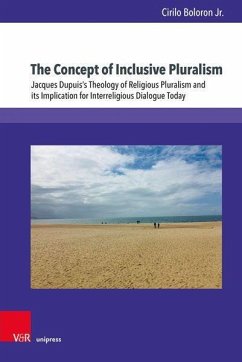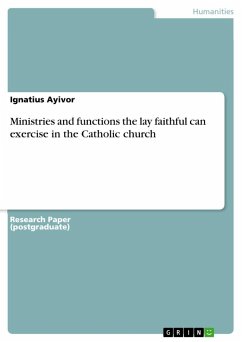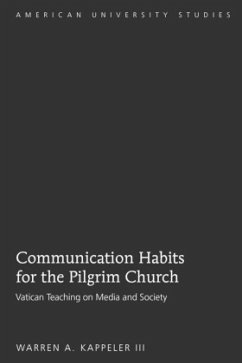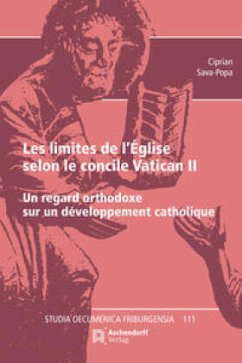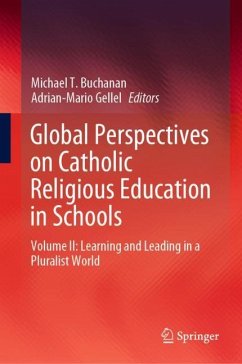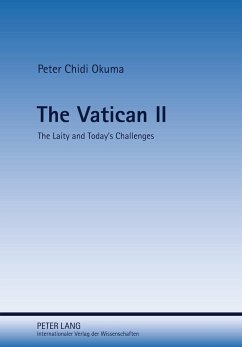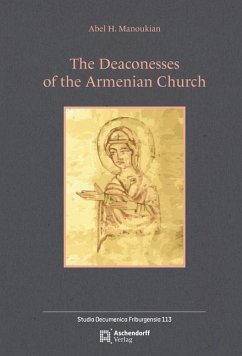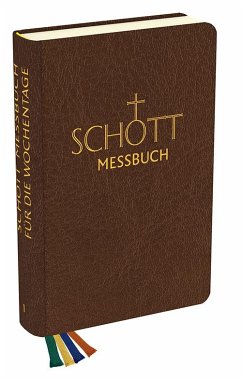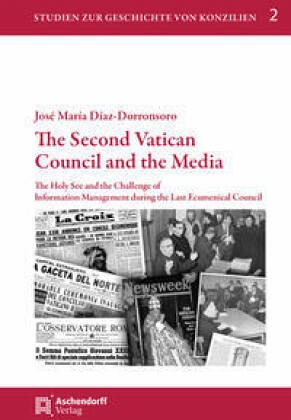
The Second Vatican Council and the Media
The Holy See and the Challenge of Information Management during the Last Ecumenical Council
Versandkostenfrei!
Sofort lieferbar
69,00 €
inkl. MwSt.

PAYBACK Punkte
0 °P sammeln!
From the perspective of institutional communication, the Second Vatican Council can be considered the most significant media event of the 20th century organized by an institution. This was due to its duration, impact on millions of people, and the media interest it aroused. For the Catholic Church, the management of the official information of this Assembly was an undertaking of considerable proportions, involving complex challenges. In this comprehensive study, the author examines the intricate path that the authorities followed to manage the considerable demand for news that the Second Vatic...
From the perspective of institutional communication, the Second Vatican Council can be considered the most significant media event of the 20th century organized by an institution. This was due to its duration, impact on millions of people, and the media interest it aroused. For the Catholic Church, the management of the official information of this Assembly was an undertaking of considerable proportions, involving complex challenges. In this comprehensive study, the author examines the intricate path that the authorities followed to manage the considerable demand for news that the Second Vatican Council generated and to deal with the difficulties that emerged at each moment. It has been possible to consult numerous archives and documents and access information that had not yet been made public. Divided into two parts, in the initial section the book presents the arduous process involved in the organization of the Vatican II information services and their successive reforms throughout these years. This process was accompanied by a lengthy reflection on the role of the media in the Council, public opinion within the Church, and the intricate relationship between the silence imposed to guarantee the free discussion of the Council Fathers and the necessity to give information about the progress of Vatican II. The second part deals with the significant role played by the media in the Council and treats the main communicative problems that marked the course of Vatican II.



